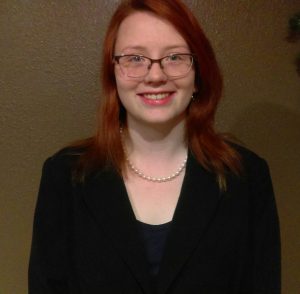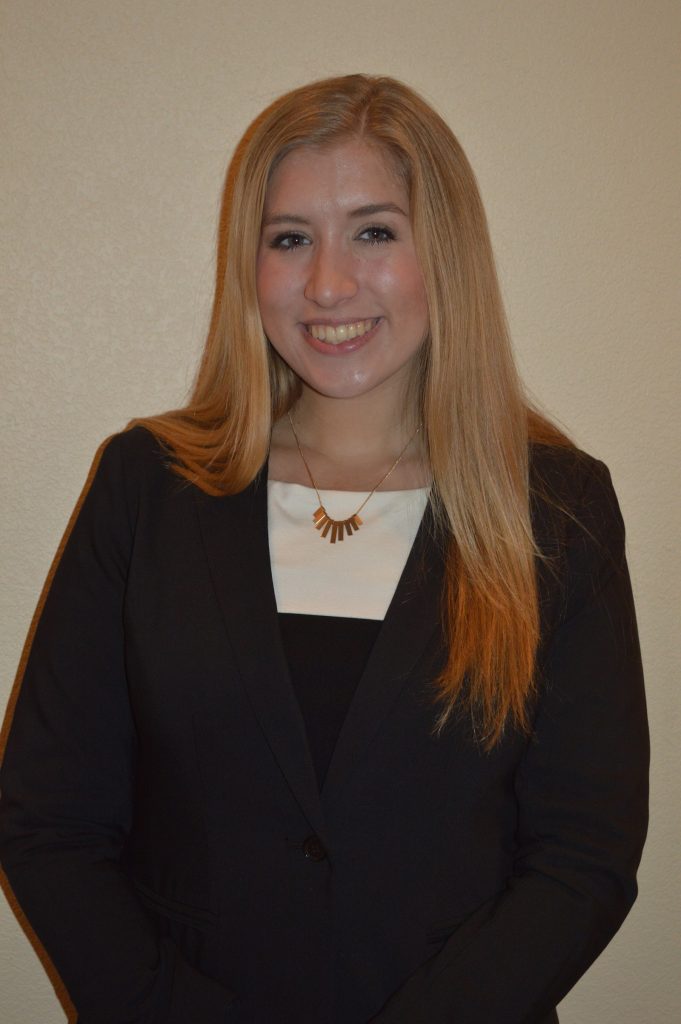Un-gaveling our roots: Affirmative Action, A YG story
By: Chase Wilson
With its tumultuous history since its establishment in the early 1960’s, affirmative action has been both praised and attacked as an answer to the racial injustice and inequality that persisted despite civil war efforts and constitutional guarantees throughout our history. On Saturday, Kianna Anderson, a delegate from Vista Ridge High School, proposed an act that was passed repealing laws supporting Affirmative Action in the state of Texas. Within this bill, Anderson spoke against the “edge” given to some students over others due to their ethnic backgrounds in education as well as other aspects of their lives.
Anderson stated that although “ One of the main points Anderson addressed while speaking against affirmative action was that it creates an unfair playing field for those applying to college. “Affirmative action creates a mismatch effect among under qualified students leading to their failure at elite schools. Some students may be selected over others to attend elite schools because of their race rather than their skills, and they may fall behind the others their due to a lack of qualifications,” said Anderson in her opening statement to her fellow legislators. Anderson also preceded to add that not only does it make for an uneven playing field, but that it also “causes the targeted groups to only aim for the mandatory standards of their “group”” rather than trying to be the best they could possibly be. By talking about an unfair advantage over other students paired with a lower standard for grades, Anderson had taken yet another step toward getting her act passed repealing the laws supporting Affirmative Action. Toward the end of her closing statement, Anderson touched on the personal opinions of those affected by Affirmative Action. “A number of minorities have reported that they feel affirmative action is demeaning and condescending to their people,” said Anderson while nearing the end of her time. Through the many points made throughout her proposal, Anderson remained steadfast and ultimately was able to convince those in her legislature that the laws supporting Affirmative action were unjust and in the end got her bill passed.




